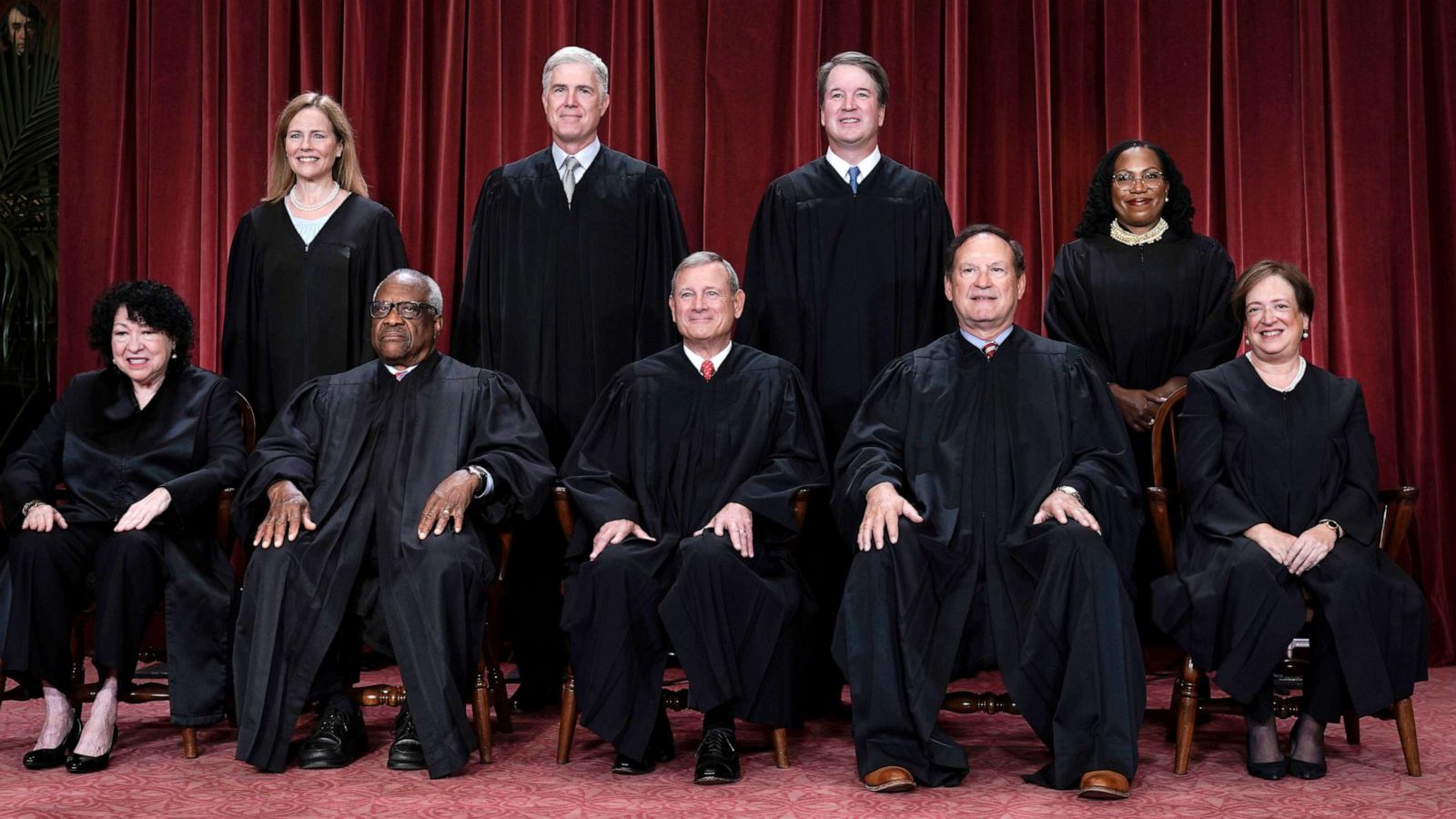In a 5-4 decision that raised eyebrows on both sides of the political aisle, Supreme Court Justices Neil Gorsuch and Chief Justice John Roberts joined the Court’s left-leaning bloc on Tuesday in a nuanced immigration case — one that, while seemingly minor in scope, could signal how the Court may approach bigger immigration showdowns looming just weeks away.
The case, Monsalvo Velazquez v. Bondi, centered on the interpretation of a 60-day “voluntary departure” deadline for immigrants granted the opportunity to leave the U.S. on their own terms. Specifically, the question was whether that 60-day period can be extended when the final day lands on a weekend or legal holiday. In a rare moment of cross-ideological unity, Gorsuch authored the majority opinion, siding with Roberts and Justices Sonia Sotomayor, Elena Kagan, and Ketanji Brown Jackson.
The Court ruled that deadlines falling on non-business days should be extended to the next business day, overturning a decision by the 10th Circuit Court of Appeals and the Board of Immigration Appeals. That ruling had previously denied relief to Monsalvo Velázquez, a Colorado resident who missed his voluntary departure deadline due to it falling on a Saturday.
Gorsuch defended the ruling as a reaffirmation of long-standing administrative norms, pointing out that since the 1950s, immigration law has consistently interpreted “day” to exclude weekends and holidays in cases where deadlines would otherwise expire.
“When Congress adopts a new law against the backdrop of a ‘long-standing administrative construction,’ the Court generally presumes the new provision works in harmony with what came before,” Gorsuch wrote.
However, the conservative dissent — made up of Justices Clarence Thomas, Samuel Alito, Brett Kavanaugh, and Amy Coney Barrett — viewed the case quite differently. Alito, in particular, warned against the dangers of judicial activism, saying: “There will always be a sympathetic pro se alien who is a day or two late… sympathy cannot justify the Court’s decision.”
The split ruling arrives at a pivotal time. On May 15, the justices will hear oral arguments in a blockbuster case challenging President Trump’s move to end birthright citizenship — a battle sure to test the limits of executive immigration power and constitutional interpretation.
For now, the ruling offers a glimpse into how Gorsuch and Roberts might break ranks on procedural or statutory interpretation issues, especially in areas as politically charged as immigration. Whether that holds true for more sweeping reforms remains to be seen.


Leave a Comment